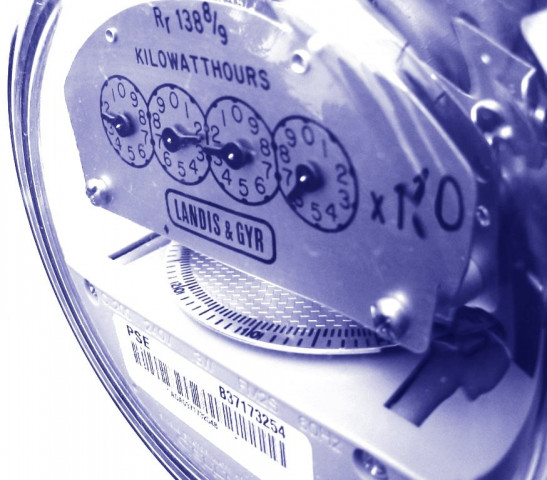Electricity supply: PESCO to switch from manual to automated system
ERP to help improve human resource, financial records and asset management.

The project is funded by the US Agency for International Development (USAID) under its power distribution improvement programme, which initially will bring structural reforms with the application of latest technologies in all distribution companies for improved governance.

Automation and upgrading the billing process is also part of the programme, though not for all five circles of Pesco, which have a combined 2.8 million consumers. In the beginning, the billing automation will be completed in the Peshawar circle with 0.5 million consumers.
“Back-end systems will be automated by using the Oracle technology, especially in billing, which will benefit the end-consumers,” said Haris Naseer, Director of Infotech, which is integrating the automation process. The ERP roll-out will help improve human resource, financial records and asset management. The back-end developments would eventually help the company to easily roll out front-end automation in the future, Naseer added.
Installation of smart meters is not part of the project, however, many officials believe that reforms at the front-end are more important to tackle electricity shortages and overall line losses.
“There are some feeders in the Pesco region where line losses are almost 80%; there is a dire need to undertake front-end reforms and improve the overall power distribution system,” said a former official of the Pakistan Electric Power Company.

“I am sure if our meter reading system improves, 60% of issues will be resolved automatically. Meter is our moneybox, we should protect it for generating revenues,” he added.
The officials, who believe that front-end reforms are more important, point to some pilot projects, especially of the smart metering system, that have been undertaken by the Karachi and Lahore electric supply companies, the results of which have been obvious.
LESCO management had recorded a 6-7% improvement in billings, the official added.
USAID underlines the importance of bringing reforms that will improve financial health of the company. It will undertake data cleansing as an input and then provide overall commercial governance through a reliable database management system, said a USAID spokesman.
Published in The Express Tribune, December 30th, 2014.
Like Business on Facebook, follow @TribuneBiz on Twitter to stay informed and join in the conversation.



















COMMENTS
Comments are moderated and generally will be posted if they are on-topic and not abusive.
For more information, please see our Comments FAQ